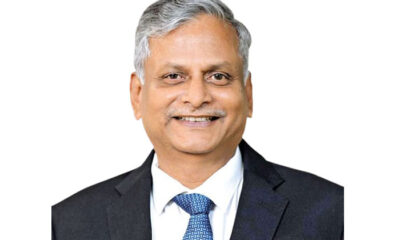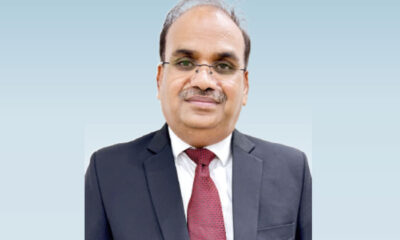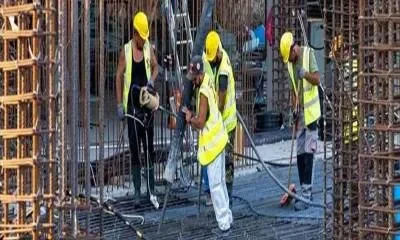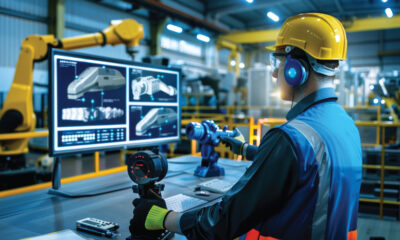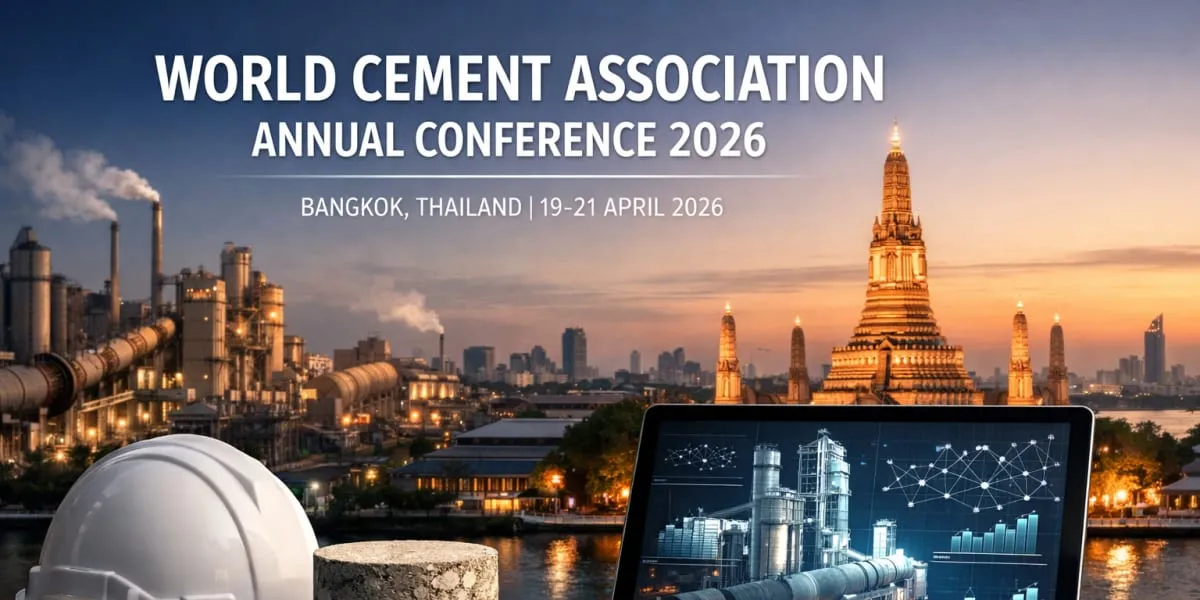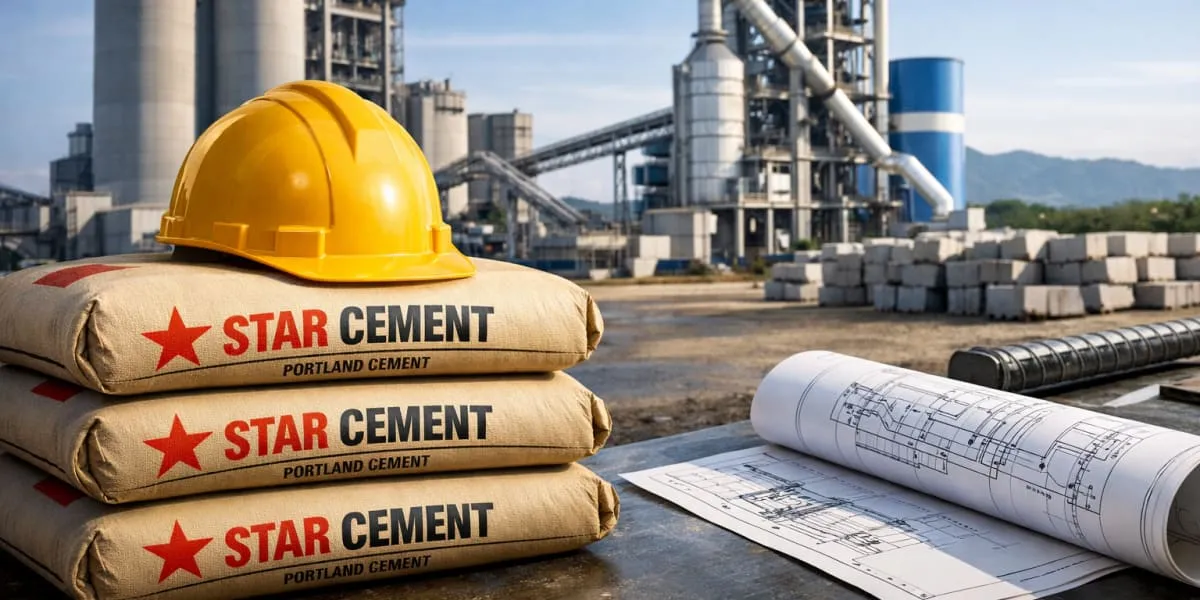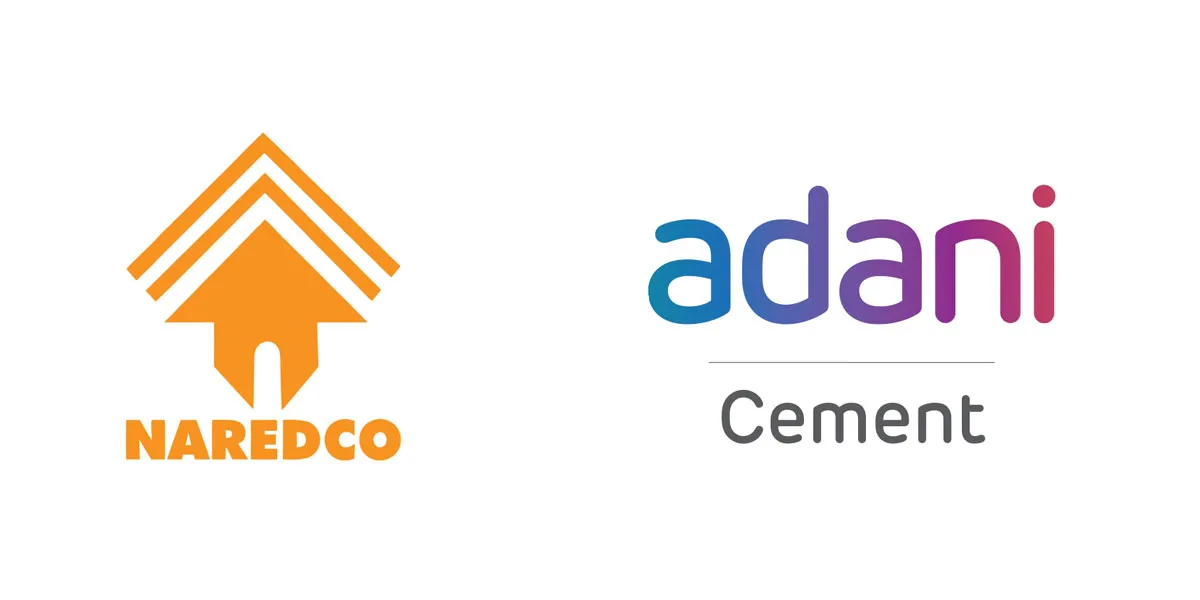The company ranks best on S&P Global ESG Score within Indian construction materials sector; reinforcing its commitment to Environmental and Social Responsibility (ESR)
Gurugram (Haryana); 12 November 2024
Shree Cement, a leading cement manufacturer and power generation company in India, has achieved a notable ESG (Environmental, Social, and Governance) score of 73 out of 100 in the 2024 S&P Global Corporate Sustainability Assessment (CSA). This score reflects a significant 11-point increase from the previous year, underscoring Shree Cement’s strengthened commitment to sustainable practices and corporate governance. With this score, Shree Cement ranks best within India’s construction materials sector.
The S&P Global ESG score is an industry-specific assessment that focuses on the quality of company disclosures as well as past and current performance on ESG issues. Shree Cement has achieved an industry-high disclosure rate of 96% in both required and additional disclosures, with “Very High” data availability. The company’s proactive approach has also bolstered its reputation, with no recent controversies affecting its ESG score.
“Achieving this ESG score underlines Shree Cement’s deep commitment to sustainable and ethical operations. Our priorities lie in strengthening environmental stewardship, championing social responsibility, and maintaining rigorous governance standards to deliver lasting value to our stakeholders and positively impact the communities we serve,” said Neeraj Akhoury, Managing Director, Shree Cement.
The score of 73 is most heavily weighted to the Environmental Dimension, followed by Social Dimension and finally Governance & Economic Dimension.
In the Environmental Dimension, Shree Cement scored 76 out of 100, showcasing strong performance in key areas. The company excelled with a Waste & Pollutants score of 78, emphasizing effective waste management practices, and a Water Management score of 78, reflecting optimized water use, particularly in water-scarce regions. Additionally, Shree Cement achieved a Biodiversity score of 77, demonstrating its dedication to preserving natural ecosystems. These scores underscore Shree Cement’s robust commitment to sustainability.
On the Social Dimension, Shree Cement upholds high standards in labor practices, human rights, safety, and community/customer relations, demonstrated by a score of 75. This is further complemented by a strong emphasis on transparency and ethical governance.
With its comprehensive ESG strategy, Shree Cement has emerged as a leader in the Indian Construction Materials sector, setting a high standard for sustainable and responsible operations. Through continuous innovation and a focused commitment to ESG principles, Shree Cement is well-positioned to create meaningful, long-term impacts within its business and the communities it supports.
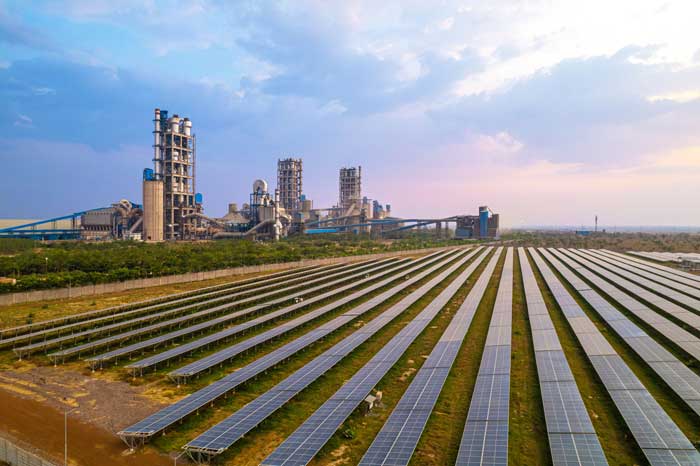

 Economy & Market4 weeks ago
Economy & Market4 weeks ago
 Economy & Market4 weeks ago
Economy & Market4 weeks ago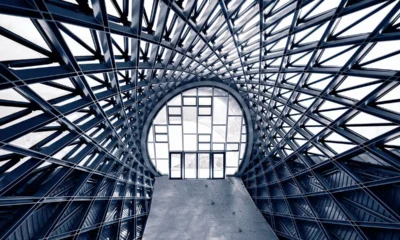
 Concrete1 month ago
Concrete1 month ago
 Concrete2 weeks ago
Concrete2 weeks ago


